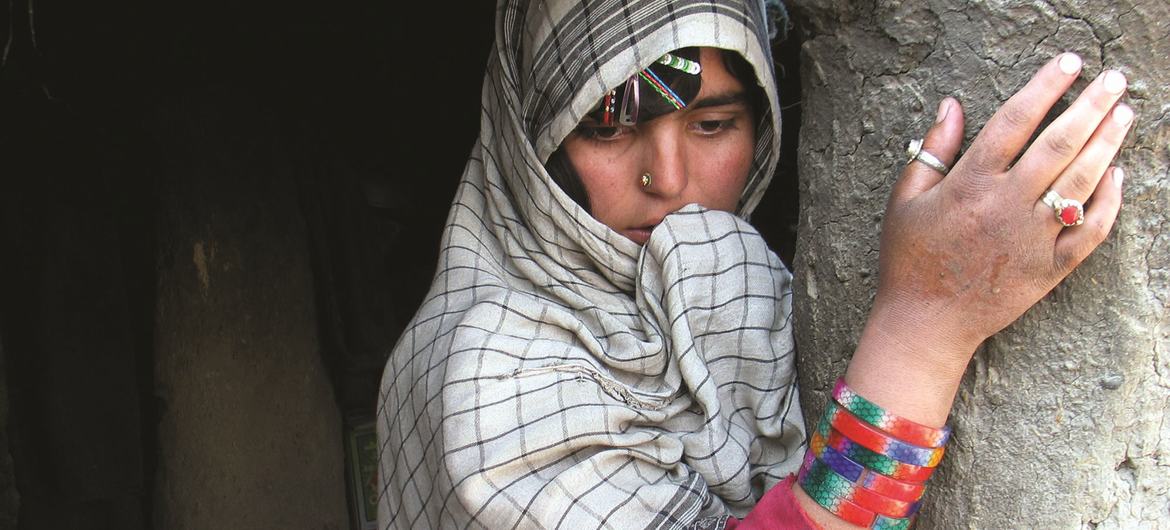United Nations: Drastic erosion of women’s rights in Afghanistan continues

According to a recent multi-agency UN report, Afghan women are facing increased fears of arrest, harassment, and additional restrictions whenever the Taliban announces new decrees. The report, based on a survey of 745 Afghan women conducted by UN Women, the International Organization for Migration (IOM), and the UN's Assistance Mission in Afghanistan (UNAMA), reveals that police enforcement has escalated harassment in public spaces, further limiting women's mobility. Since the Taliban took power in August 2021, more than 50 decrees curtailing women's rights have been issued.
During consultations held between January 27th and February 8th, the agencies gathered women's perspectives from all 34 provinces of Afghanistan, highlighting a pervasive sense of insecurity among participants. Only one percent reported having significant influence on community decision-making, indicating a notable decline. The absence of safe public spaces further hinders women's agency, while restrictions on rights, education, and employment contribute to a decline in their influence within households.
The report also underscores the intergenerational and gendered impact of Taliban restrictions, with boys internalizing women's subordination and girls' perceptions of their future being shaped by these constraints. Views on international recognition of the Taliban vary, with some calling for improvements in women's rights before recognition and others rejecting recognition entirely. Suggestions include linking international aid to better conditions for women and facilitating direct dialogue between women and the Taliban.

